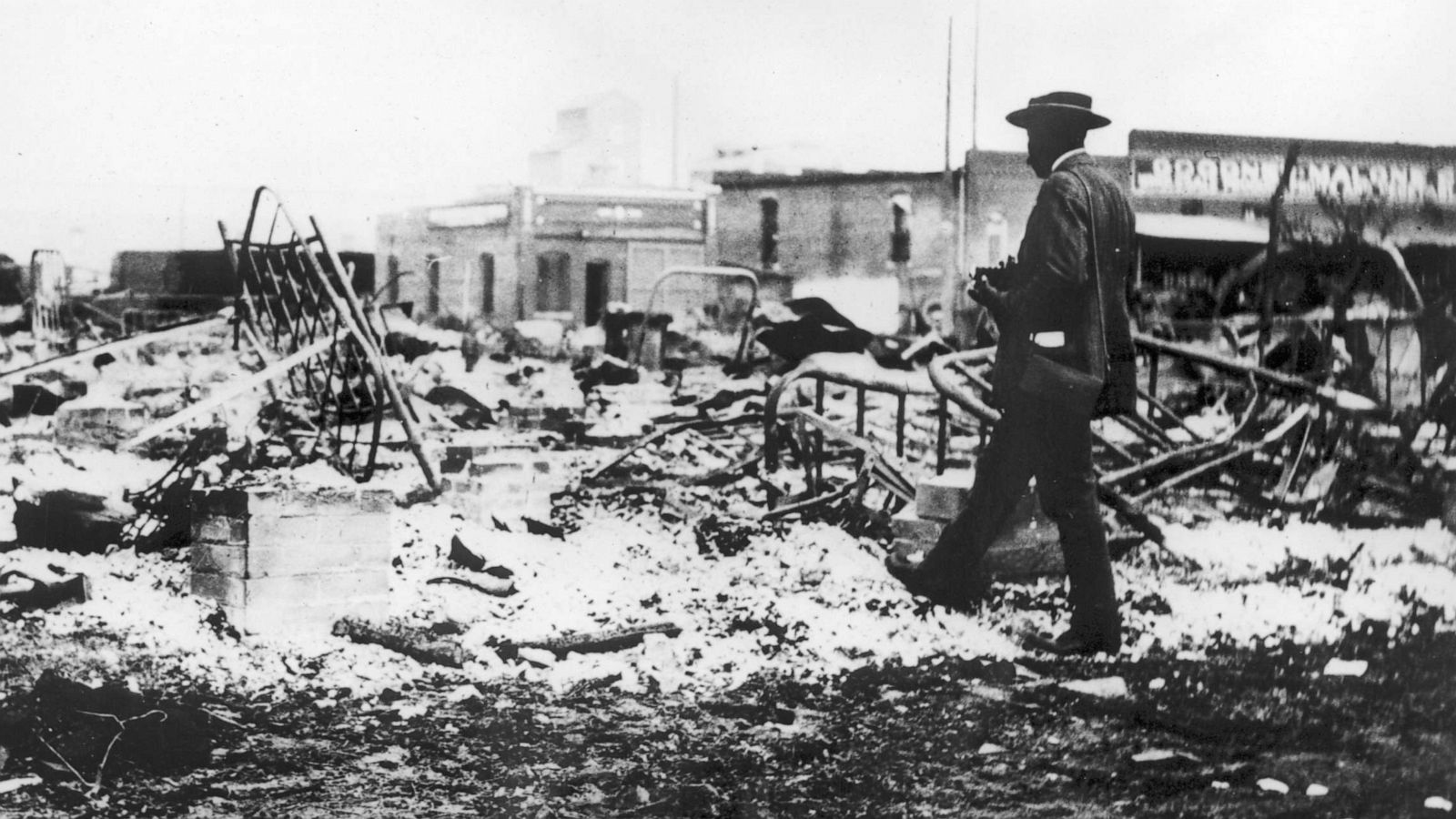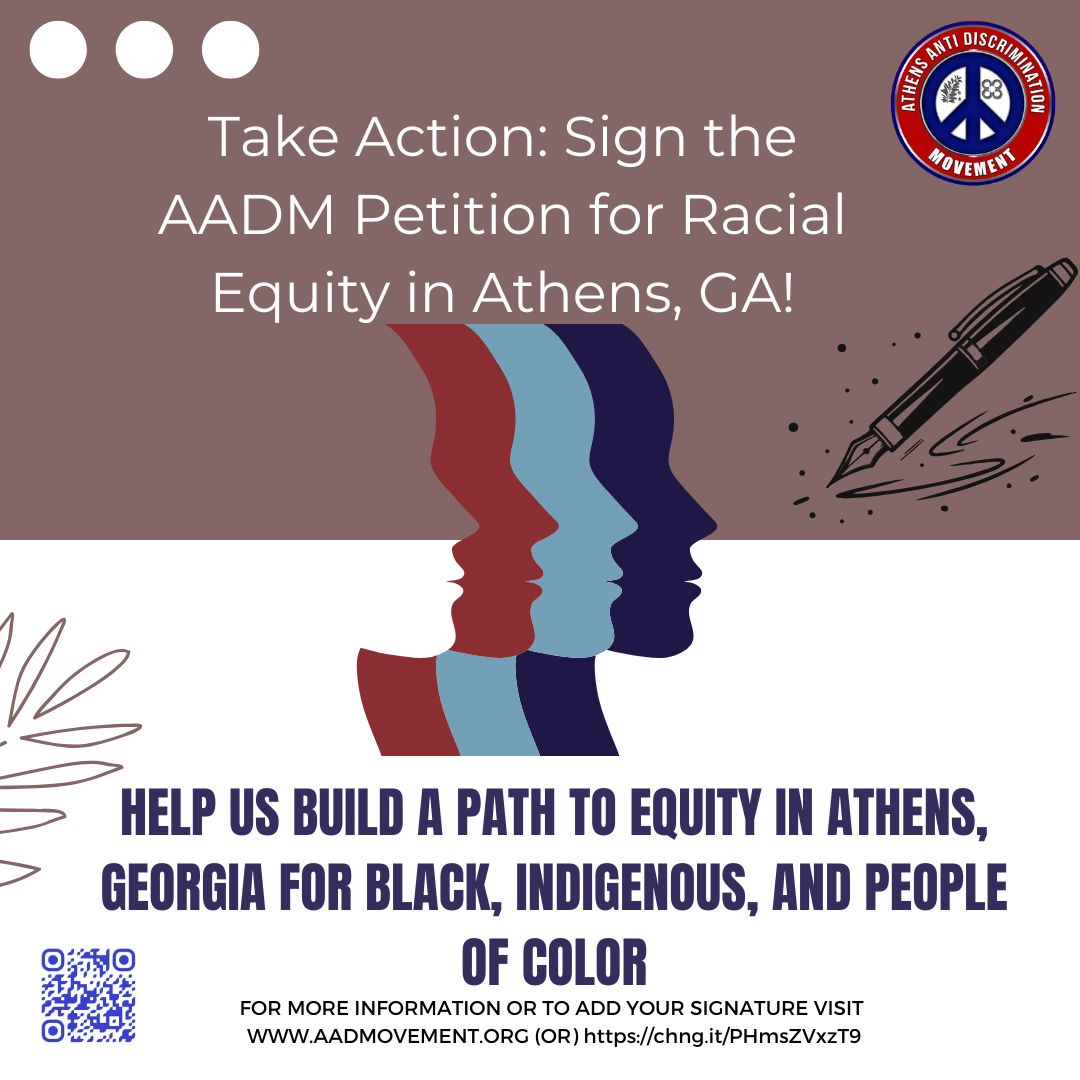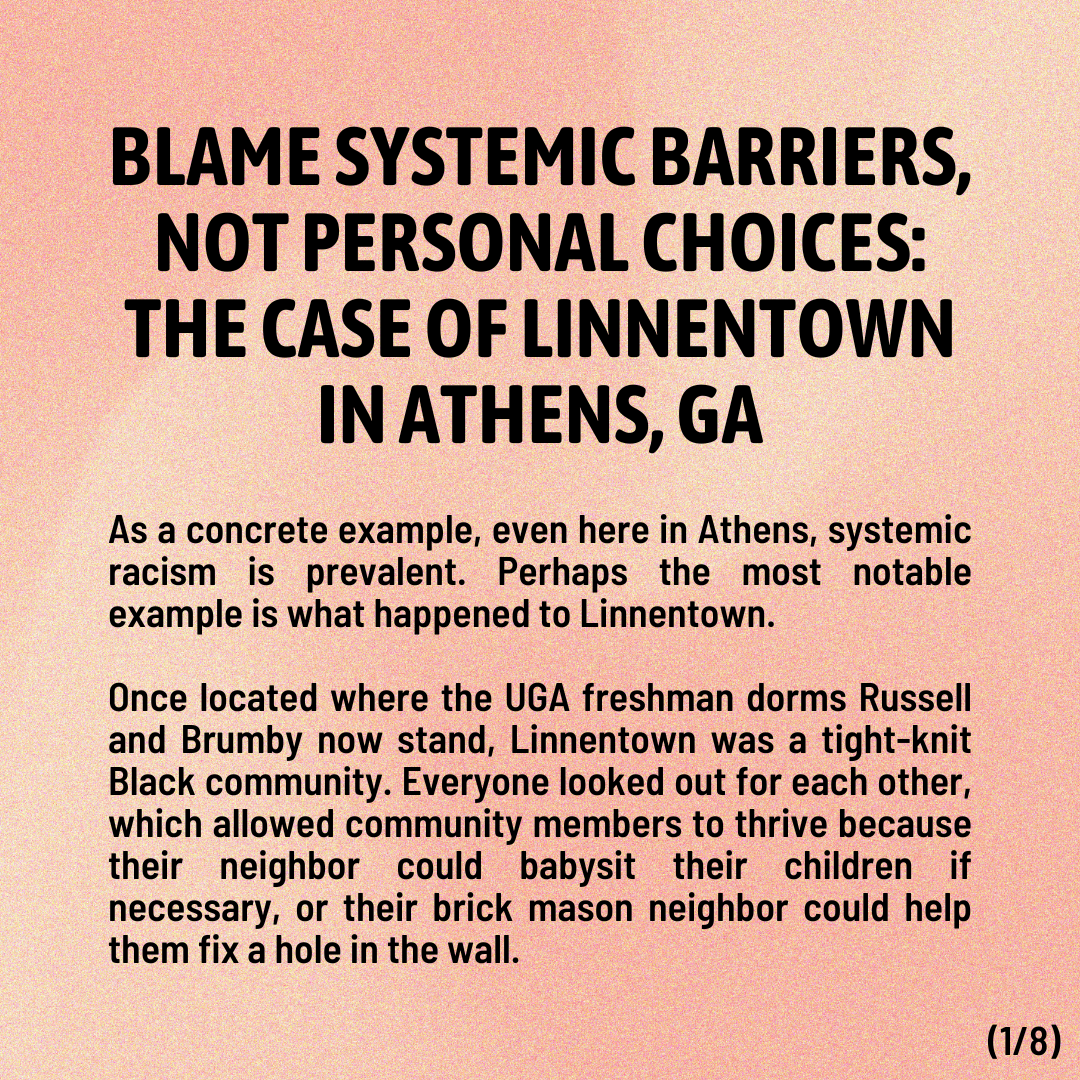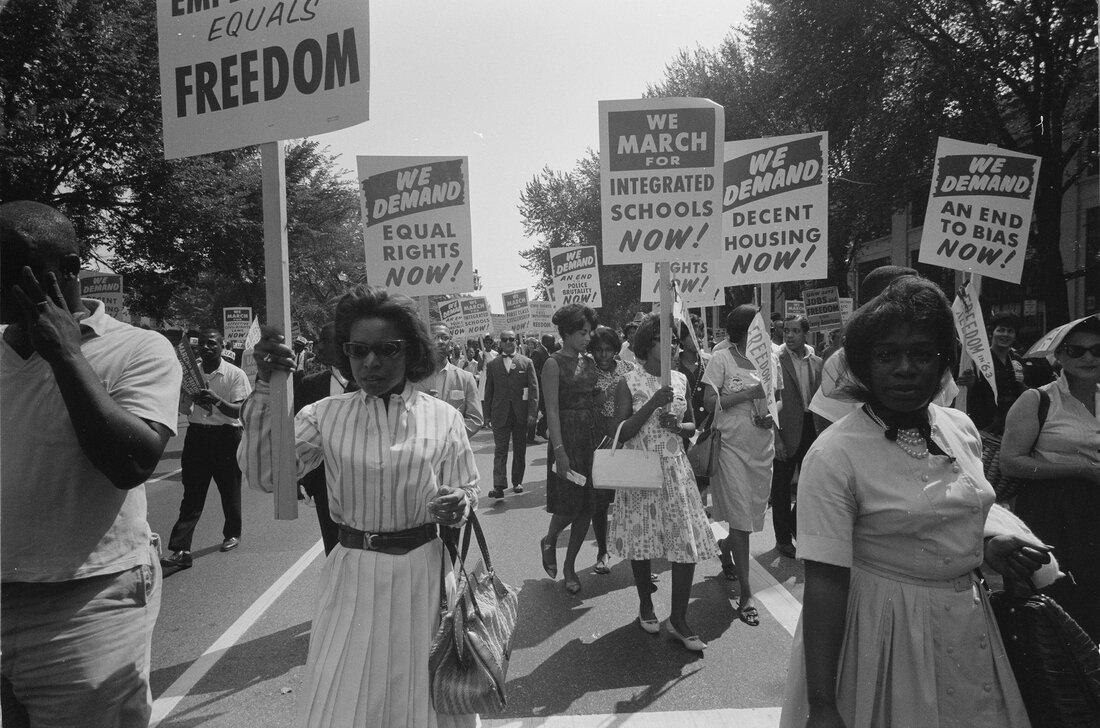Written by Alex Ashcraft-AADM Collective Media.
Tulsa: the second-most populous city of Oklahoma, and a city once home to what many Oklahomans called “Black Wall Street”. The Greenwood District was a burgeoning black community in the early 20th century. Before Greenwood flourished, Tulsa was an oil boomtown, which attracted prominent businessman O.W. Gurley, who purchased 40 acres of land to be sold to other Black Americans. Gurley facilitated the evolution of Greenwood into Black Wall Street as he provided not only the land, but loans, too, to give small Black businesses their start.
The Black middle class was being created by the Black middle class themselves through hard work and self-sustainability. Unfortunately, this upward mobility would come crashing down after race riots in response to Dick Rowland, a young Black man, being falsely accused of assaulting a white woman in an elevator.
White Americans razed the district in an event now known as the Tulsa Race Massacre. Black business owners saw their community be destroyed. In this community, A.J. Smitherman had founded the Tulsa Star and advocated for African Americans to know their legal rights and defend themselves. Simon Berry had started his own taxi service. John and Loula Williams had operated the Dreamland Theatre, a very successful and popular theater of its time. But all of this was burned.
Here in Athens, we had our own Black Wall Street: the Hot Corner. Located at the intersection of Hull Street and Washington Street in downtown, Hot Corner demonstrated the pinnacle of Black business and industry. Hot Corner’s Dreamland Theatre was the Morton Theatre in Morton Building, built in 1910 by Monroe Morton, a prominent African American businessman just as Tulsa’s O.W. Gurley was. Julian Lucasse Brown, in the same fashion as A.J. Smitherman, founded The Athens Republique, devoted to local Black societal news and information about lynchings and Black politics.
While no longer as hot as it used to be, Black business owners such as Homer Wilson still own businesses in the area, with Wilson’s Styling Shop continuing to serve customers. Communities such as Black Wall Street and Hot Corner both reflect the importance of community and networking. Black entrepreneurs were afforded the ability to launch successful businesses through the help of fellow Black entrepreneurs, and by being geographically nearby, these businesses shared a customer base. One could get a haircut, get a drink, and get food all in one place.
Although today’s Black entrepreneurs face many challenges, they have succeeded many times in the past, and can do so both now and in the future. Any entrepreneur from a minority background can do well regardless of discriminatory obstacles so long as they tap into the social network of fellow minority entrepreneurs and uplift one another. Through community, entrepreneurship thrives.




